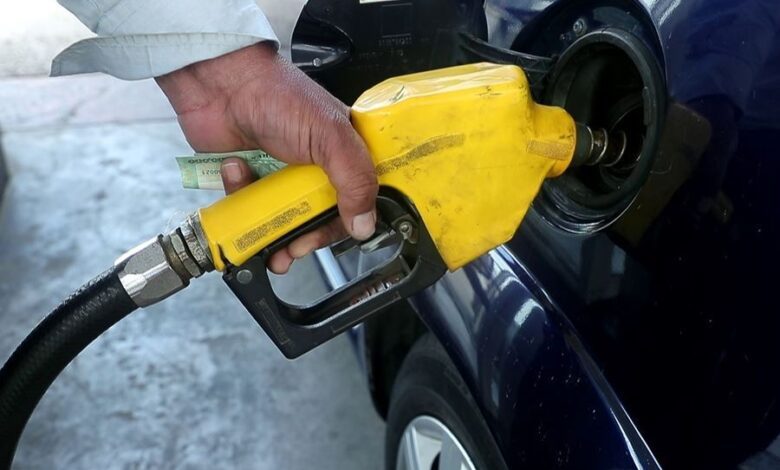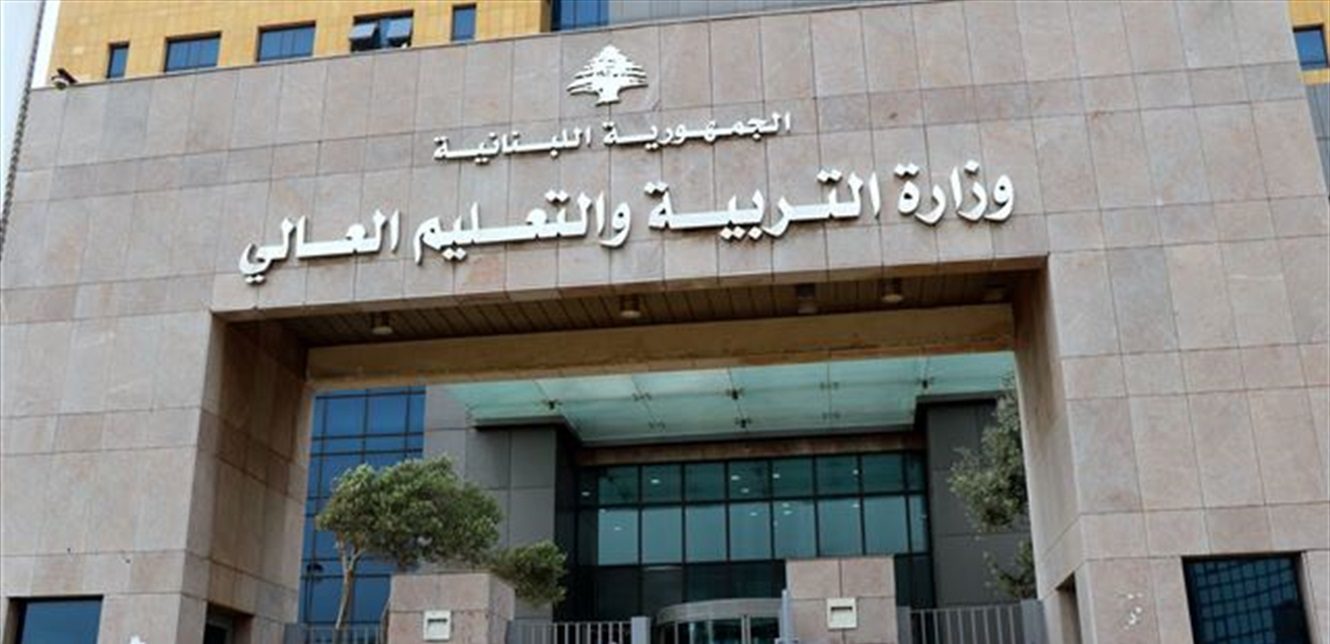كيف تعمل محطات الوقود في ظل الحرب على لبنان؟
تأثرت محطات الوقود في لبنان بشدة جراء الأزمات المتكررة، سواء كانت اقتصادية أو سياسية أو أمنية، حيث شهدت أسعار المحروقات ارتفاعات غير مسبوقة. ففي صيف 2021، تم رفع الدعم عن البنزين، مما أدى إلى ظهور “طوابير الذلّ” وارتفاع الأسعار في جميع السلع والخدمات، الأمر الذي ساهم في تدهور القدرة الشرائية بشكل كبير.
مع تفاقم الحرب، تزايد الإقبال على محطات الوقود خوفًا من إغلاقها. وفي بعض المناطق، بدأت بعض المحطات بتحديد أسعار البنزين بشكل غير رسمي، مما تسبب في الفوضى. ويشير أحد موظفي محطة “توتال” في زحلة إلى أن الزحام الشديد كان واضحًا، مع محاولات من المحطات الأخرى لرفع الأسعار إلى 1,500,000 ل.ل. في ظل الأوضاع غير المستقرة.
جورج البراكس، عضو نقابة أصحاب محطات المحروقات، أكد أن النقابة تنفي الشائعات حول ارتفاع الأسعار، لكن الوضع قد يتغير إذا تفاقمت الأوضاع. ويقول إن محطات الوقود قد تضطر للإغلاق في حال استمرار الحرب، مما سيؤدي إلى إغلاق مطاعم وأسواق وسوبرماركت وغيرها.
في المناطق الآمنة، تبقى الأمور تحت السيطرة، حيث تعمل المحطات بشكل طبيعي. ومع ذلك، نتيجة الحصار الإسرائيلي، تواجه المحطات صعوبة في الحصول على الإمدادات. وفي الوقت الحالي، لا يوجد حل واضح بسبب تأخر وصول الصهاريج، مما يزيد من المخاوف بين المواطنين.
يشدد البراكس على أن ارتفاع أسعار المحروقات مرتبط بأسعار النفط العالمية، وليس بسبب الوضع الأمني. ومع توفر المخزون ما دام البحر مفتوحًا، يبقى الإمداد متاحًا في المناطق الآمنة. لكن المناطق المتضررة من الغارات تواجه صعوبات جمة.
المصدر: مارينا عندس – الديار
How Fuel Stations Operate Amidst the War in Lebanon
In Lebanon, fuel stations have been significantly affected by recurring crises, be they economic, political, or security-related. This has led to unprecedented increases in fuel prices. In the summer of 2021, the removal of fuel subsidies resulted in long lines at gas stations and rising prices across all goods and services, severely diminishing purchasing power.
As the war escalated, panic drove people to fuel stations, fearing they would close. Reports emerged that some stations in certain regions began pricing gasoline arbitrarily, leading to chaos. An employee from a Total station in Zahle noted a heavy traffic jam as people rushed to fill their tanks, with other stations trying to raise prices to 1,500,000 L.L. amid the turmoil.
George Brax, a member of the Fuel Station Owners Syndicate, stated that the syndicate denies rumors of price hikes, but warns that the situation could change if things worsen. He emphasized that stations may have to shut down if the war continues, which would also affect restaurants, supermarkets, and other businesses.
In safe areas, operations remain stable, and stations continue to function normally. However, due to Israeli bombardment, there is a significant challenge in obtaining supplies. Currently, no clear solutions are available as tankers are delayed, increasing public anxiety.
Brax pointed out that fuel price increases are tied to global oil prices, not the security situation. He assured that as long as the sea is open, supplies remain available in safe regions, although those affected by airstrikes face considerable difficulties.
translated by economyscopes team
 سكوبات عالمية إقتصادية – EconomyScopes إجعل موقعنا خيارك ومصدرك الأنسب للأخبار الإقتصادية المحلية والعربية والعالمية على أنواعها بالإضافة الى نشر مجموعة لا بأس بها من فرص العمل في لبنان والشرق الأوسط والعالم
سكوبات عالمية إقتصادية – EconomyScopes إجعل موقعنا خيارك ومصدرك الأنسب للأخبار الإقتصادية المحلية والعربية والعالمية على أنواعها بالإضافة الى نشر مجموعة لا بأس بها من فرص العمل في لبنان والشرق الأوسط والعالم




